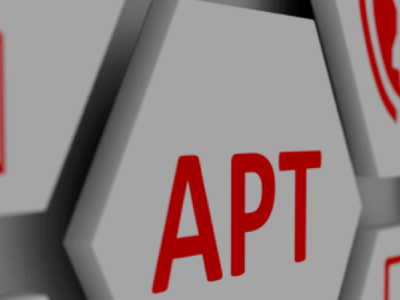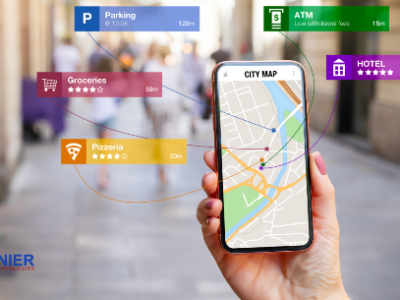Check Point Software Technologies highlights urgent cybersecurity challenges
Check Point® Software Technologies Ltd. (NASDAQ: CHKP), a leading AI-powered, cloud-delivered cyber security platform provider, has published its Global Threat Index for June 2024. This month, the analysis reveals significant shifts in the ransomware landscape and highlights pressing cybersecurity challenges specific to the African continent.
RELATED: Check Point Software Technologies provides details on OpenSSL vulnerability
Seven African countries rank in the Top 20 most attacked. South Africa ranks 61st among the 112 countries surveyed. Egypt ranks as the least most attacked, ranking 112th.
Alarming Cybersecurity Trends in Africa
Cybersecurity threats are intensifying across Africa, with several countries appearing prominently in the global rankings for cyber-attacks. According to Check Point’s latest data:.
- Ethiopia holds the top spot in Africa and second globally, with a Normalized Risk Index of 99.0.
- Zimbabwe ranks as the third most attacked country globally with a Normalized Risk Index of 78.1.
- Angola and Kenya have also seen a rise in their risk rankings – placing 6th and 9th respectively, with a Normalized Risk Index of 72.4 for the former and 65,7 for the latter.
These rankings highlight the critical importance of cybersecurity readiness for African businesses and organizations. Despite ongoing efforts to bolster defenses, the dynamic and evolving threat landscape continues to pose significant risks.
The Most Prevalent Malware in Africa
In June 2024, the top malware families impacting Africa included:
- Phorpiex: Known for orchestrating large-scale spam campaigns, Phorpiex has been particularly active in Zimbabwe, Nigeria, and Mozambique.
- Allcome Clipper: This malware targets cryptocurrencies, hijacking clipboard data for outgoing transactions, leading to financial losses and identity theft.
- Expiro: A polymorphic file infector that steals user and system information, compromising data integrity across Zimbabwe and Nigeria.
- Qbot: A multifunctional malware that facilitates credential theft, ransomware delivery, and backdoor access, posing significant risks to organizations in Zimbabwe and South Africa.
- FakeUpdates (SocGholish): This downloader malware leads to further infections by deploying additional malware strains, including ransomware, across South Africa and Nigeria.
The top attacked industries in Africa
- Government/Military: Government agencies and military institutions are high-value targets, requiring robust defense mechanisms to safeguard national security interests.
- Finance/Banking: Financial institutions face persistent threats, jeopardizing sensitive data and critical operations.
- Utilities: The utilities sector is increasingly vulnerable, with attacks potentially disrupting essential services.
- Communications: The communications industry remains a key target for cyber adversaries, threatening infrastructure and data.
- Education/Research: Educational institutions and research organizations continue to be targeted, risking the loss of sensitive information.
Strategic Insights and Recommendations
Check Point Security Engineering Manager for Africa, Issam El Haddaoui, emphasizes the importance of proactive cybersecurity measures:
“In light of these statistics, organizations in Africa must adopt a proactive approach to cybersecurity. Leveraging advanced threat intelligence, robust defense mechanisms, and comprehensive incident response plans are essential steps to mitigate the risks posed by cyber threats.”
As cyber threats continue to evolve and proliferate, it is imperative for organizations across Africa to prioritize cybersecurity investments, implement robust defense strategies, and foster a culture of cyber resilience. By staying vigilant and proactive, businesses can effectively mitigate the risks posed by cyber adversaries and safeguard their digital assets and operations.































